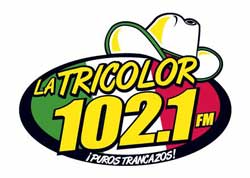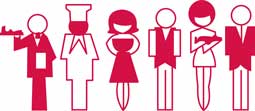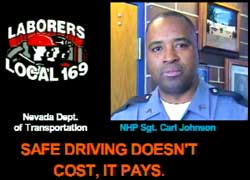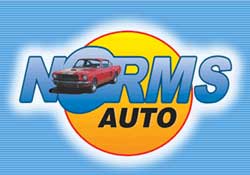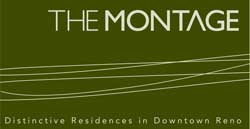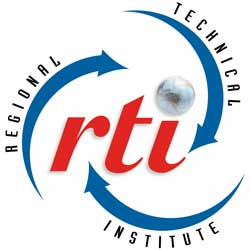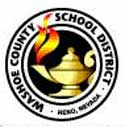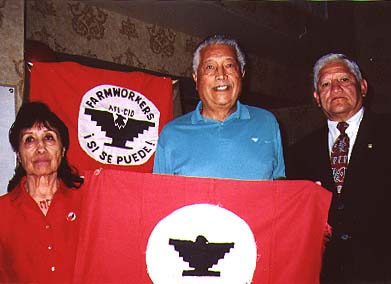Northern
Nevada
César
Chávez Celebration VII
Tuesday/Martes,
March/marzo 31, 2009
Circus Circus-Reno
Watch
this website for updates.
Call
(775) 786-1455 for sponsorship information
or e-mail barbano@frontpage.reno.nv.us
César
Chávez Celebration VI
Monday/lunes, March/marzo 31, 2008
Circus Circus-Reno
Hundreds
celebrate Chávez at overflow event
Reno
Gazette-Journal 4-1-2008
Celebran
en Reno aniversario de César Chávez
Ahora News
Publicado el 04-07-2008
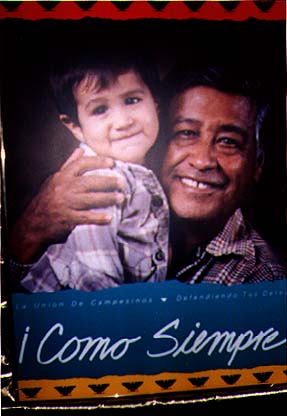 |
Major sponsors are donating portions of their ticket blocs so that area students may participate. General admission is $30 per person. Anyone planning to attend, even if your tickets are included in a sponsor or media bloc, should call for reservations which are required because of limited seating. Thanks for your patience.
César Chávez: This day in history
Reno, Sparks and Washoe County declare
March 31, 2008, as César Chávez DayGIANTS 3:
The beast awakens and comes full circle
Barbwire / Sparks Tribune 3-30-2008César Chávez Day brings labor and management together in Reno
Annual event at Circus Circus March 31 will also bring together César Chávez and Dr. Martin Luther King, Jr.
U-News 3-27-2008
United Auto Workers demonstrate while Dr. Martin Luther King, Jr., and César Chávez offer advice
Barbwire / Sparks Tribune 3-23-2008
Barbwire:
Giants will walk among us again
Daily Sparks Tribune 3-16-2008
César
Chávez Celebration VI
Brought to you by
 |
|
|
|
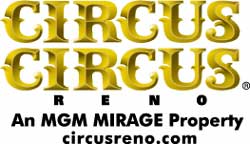 |
|
|
|
|
|
|
|
La
Gloria Mini-Mart
|
|
|
|
|
|
|
|
|
|
|
RC
Willey
Greater Nevada Credit Union Dr. Javier Corral |
The
campaign for a César Chávez
national holiday
Sign the petition
23rd
Annual Truckee Meadows Community College Multicultural Festival
April 19, 2008
Washoe
County School District César
Chávez
Essay Contest
(Closed
March 24, 2008)
Application
and rules in English
Formulario
y reglas para el concurso de César Chávez
Reno
César Chávez Celebration VI
March
31, 2008
DÍA
DE CÉSAR CHÁVEZ Lunes 31 de Marzo del 2008
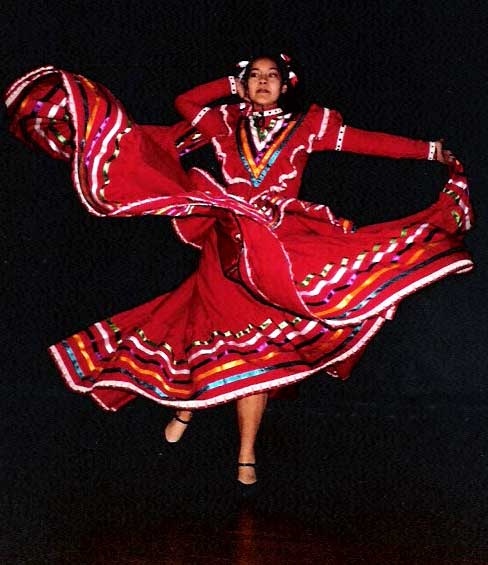 |
Again sponsored by Culinary Union Local 226 , Laborers' Union Local 169 and Circus Circus Reno, this year's event will take place at Circus Circus beginning at 6:00 p.m.
The public is welcome at the event which will again feature food, scholarship winners and entertainment.
Doors open at 5:30 p.m. on March 31, with the program beginning at 6:00 p.m. Nevadans who knew or worked with Chávez will speak on their experiences. Members of his immediate family, imcluding his brother, Librado, are again expected to attend.
In conjunction with the Washoe County School District, students in three grade levels are again participating in an essay contest. The competition is open to all students from Kindergarten through 12th grade. Winners will read their variations on this year's theme, "Should Congress declare a national holiday to honor César Chávez?"
In late March, KNVV TV-41 (Charter cable 22) will air special vignettes honoring César Chávez. KNVV will also air a half-hour César Chávez documentary as part of the celebration.
César Chávez was born on March 31, 1927, on a small farm near Yuma, Arizona. At 10 years of age, Chávez began life as a migrant farm worker. This ultimately led to his cause or "La Causa," advocating for better wages and working conditions for the nation's farm workers. In 1952, he began the National Farm Workers Association (NFWA) to strive for equal rights for agricultural workers.
César Chávez learned from and practiced the non-violent principles of the Rev. Dr. Martin Luther King, Jr., and Mohandas K. Gandhi. Chávez died on April 23, 1993, at the age of 66. He was posthumously awarded a Presidential Medal of Freedom in 1994. The United States Postal Service issued a commemorative first class stamp bearing his image in 2003.
COUNTDOWN TO CHÁVEZ DAY
On March 10, 1968, Sen. Robert Kennedy, D-NY, and César Chávez met in Delano, California, for the breaking of Chavez's anti-violence fast. Chávez's physicians had contacted Kennedy to ask for his help in convincing Chávez to end his fast before it did more damage to his health.
On March 17, 1966, farm workers led by César Chávez began a march from Delano to Sacramento.
On March 31, 1927, César Chávez was born near Yuma, Ariz.
New York Times obituary, April 24, 1993: "Mr. Chávez, who was described by Robert F. Kennedy in 1968 as 'one of the heroic figures of our time,'was widely acknowledged to have done more to improve the lot of the migrant farm worker than anyone else. Fighting growers and shippers who for generations had defeated efforts to unionize field workers, and later fighting rival unionists, Mr. Chávez for the first time brought a degree of stability and security to the lives of some migrant workers. Largely because of him, the California Legislature in 1975 passed the nation's first collective bargaining act outside Hawaii for farm workers, who are largely excluded from Federal labor law coverage. 'For the first time,' Mr. Chávez said when asked to describe the union's achievement, 'the farm worker got some power.' Asked what had motivated his stubborn fight, he said, 'For many years I was a farm worker, a migratory worker, and, well, personally — and I'm being very frank — maybe it's just a matter of trying to even the score.'"
[Courtesy of longtime Nevada reporter Dennis Myers' Poor Denny's Almanac]
|
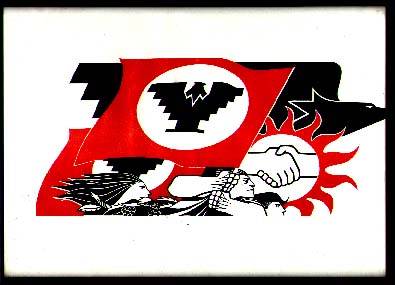 |
|
UFW
FLAG ART presented by César Chávez to Reno Musicians
Union Local 368 Secretary-Treasurer Beth Shay at
Reno César
Chávez Day I on July 15, 1986. Each color is symbolic
— black for the dark situation of the farmworkers of the
time; red for toil and sacrifice and the white circle for hope.
Chávez himself designed it.
|
|
Unions
and union-signatory entities
|
|
¿QUIEN FUE CÉSAR CHÁVEZ? 1986 Letter to Reno from César Chávez Barbwire:
Giants will walk among us again March 30, 2003, Barbwire on César Chávez Harvest
of Tears Site composed and maintained
by |
